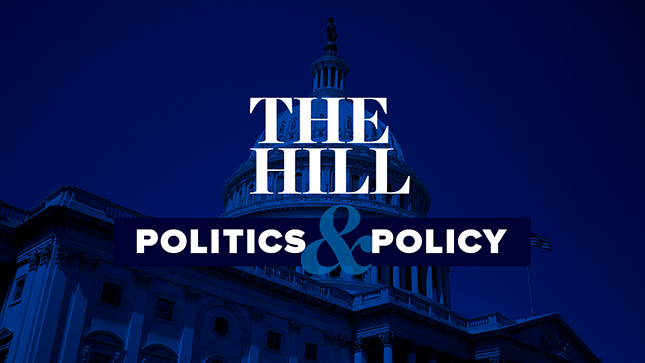Imagine you own a business. You make widgets. You have 50 employees, and you are looking to expand. But a local politician, Mayor Grouch, is pushing for a widget tax. If the tax passes, then you will have to charge more for widgets. You won’t be able to expand. You might have to fire some workers.
What should you do? You could speak out. You could run an ad in the paper criticizing the tax. You could lobby other legislators not to pass the tax. You could donate to groups opposing Mr. Grouch. All of these actions are part of a healthy democracy.
But all of them come at a risk. Mr. Grouch is mean, maybe even corrupt. He may criticize you on the news. He might urge a boycott of your business. Perhaps he’ll try to get the police to investigate your company. In all those cases, you might be better off not speaking out. But if you remain silent, your business and your workers will suffer. You are stuck between a rock and a hard place.
This is one reason why trade associations exist. Trade associations are groups of businesses that join together to voice their views. Whether it is the widget makers’ association, your local farm bureau, or the Chamber of Commerce, these groups allow businesses to take on the Mayor Grouches of the world.
Large or small, trade associations serve a vital function. Along with helping businesses advocate for their view of good policy, they help all Americans by presenting a distinct perspective.
Trade groups aren’t perfect. When your widget business joins a trade group, you might have to be alright with the group opposing not only widget taxes, but also gizmo taxes. You may not really care about gizmo taxes, but, overall, the organization helps your business and your employees.
Business is not the only beneficiary. When trade associations speak for their members, all Americans are better informed. If there’s a new tax, you want to know if it is going to endanger your job. Trade groups can let you know. If there’s a new healthcare bill, you want to learn how it will affect your employer’s plan. Trade groups provide this information. If a union is looking to pass a pro-labor bill, you want to hear the reasons why it might be a bad idea. Trade groups offer an alternative voice.
No one will agree with everything these groups have to say. But that’s okay. Democracy is built on all sides voicing their ideas. Why does this work? Because those with differing views are able to freely associate without having to worry about the vengeful Mr. Grouch.
Sadly, some activists want to stifle the debate. One such group, the Center for Political Accountability (CPA), is engaged in efforts to pressure and shame corporations into “voluntarily” telling you what associations they take part in.
CPA labels the money these groups use “dark money,” to try to make you think such activity is dirty, and maybe evil. CPA is demanding that businesses “must demonstrate their commitment to responsible political spending.” What does that really mean? If you want to talk about policy, Mr. Grouch and his political friends must hear about it.
CPA has a full supply of tools they use to shame companies into doing what they want. They use activists to try to change company policy from within. They try to convince consumers to pressure businesses to comply. They engage in threats, saying that a business’s associations “can’t be guaranteed” not to become public anyway.
But their purpose is clear: force companies between a rock and a hard place again. To CPA, the cost of speaking up for your employees is that Mr. Grouch gets to punish your business. Otherwise, businesses can put their heads down and not voice their opinions.
Worst of all, CPA knows that this is how politics works. They acknowledge that “companies continue to be named and in some cases shamed by the president.” Still, they want to stop businesses from having the privacy and benefits of trade associations. Perhaps the union-backed CPA doesn’t want businesses to talk about issues at all.
That is too bad. Trade associations are good for democracy. We should all support the two cents that businesses add to the debate.
This post originally ran in The Hill on June 10th 2017.














